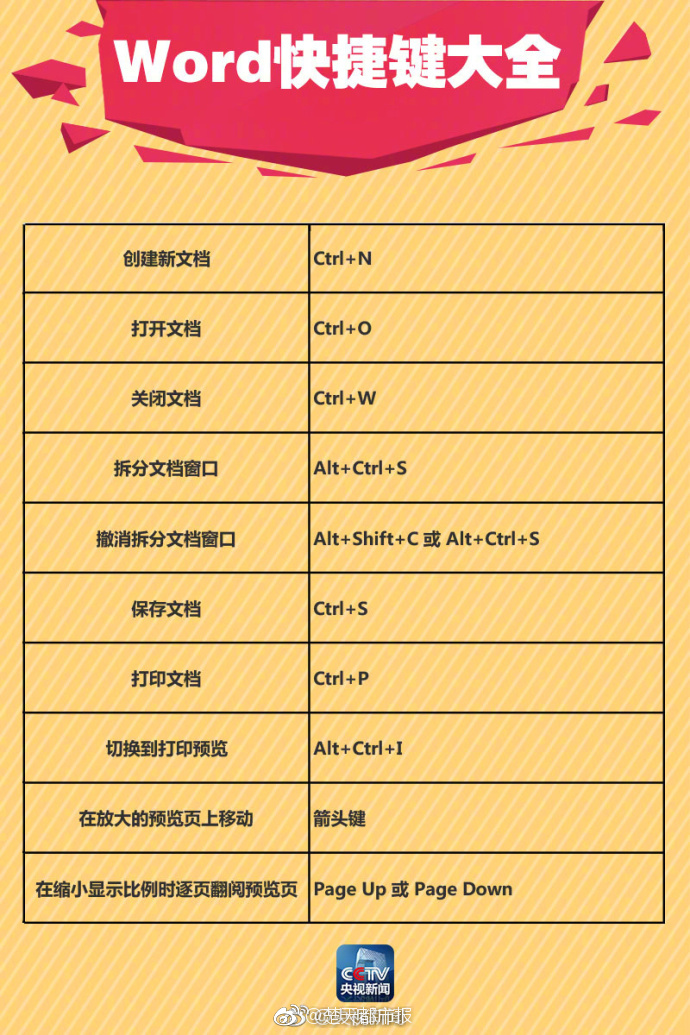# 我国古代对富商的称呼
在中国悠久的历史长河中,富商作为地方经济和文化的重要支柱,常常受到社会的关注与尊重。随着历史的发展,富商的称呼也经历了多次演变。本文将带您了解我国古代对富商的称呼及其背后的文化含义。

## 1. 商贾

在最早的时期,“商贾”是对从事商业活动的人的普遍称呼。这个词的使用可以追溯到先秦时期,强调的是商人们从事交易活动的角色。相较于古代士人、农民等阶层,商贾在社会地位上并不算高,但他们在经济生活中扮演了重要角色。

## 2. 大户人家
“深厚的背景”常常让富商们成为了“大户人家”。在明清时期,许多富商通过积累财富而形成了自己的家族和声望,如“陈家、李家”等。大户人家的称谓不仅是对其经济实力的认可,也是对其社会地位的表现。
## 3. 买办
在近现代,随着贸易的繁荣与外商的引入,“买办”这一称谓逐渐流行开来。买办是指那些专门负责买卖、代理、经销事务的商人,尤其是在对外贸易中的中介角色。这一称谓与近代经济发展密切相关。
## 4. 富商
“富商”这一称谓则是对富有商人的直观表达。与取义简明的“商贾”不同,“富商”更加突出其财富的象征,常常与“隐士”、“名流”相结合,形成了一种社会身份的认同。
## 5. 龙头
在一些地方,特别是经济较为发达的地区,如江南、粤港等地,“龙头”用来形容那些在商界中地位超然的富商,往往是某一行业的领军人物。这一称呼不仅仅是财富的象征,更反映出对其商业才能与影响力的尊重。
## 6. 富翁
“富翁”这个词汇在古代的使用频率相对较低,更多的是在现代口语中流行。它通常用来称赞那些富有且德行良好的商人,寓意着财富与智慧并行。
## 结语
古代对富商的各种称谓,反映了历代社会对商业活动与商人角色的认知与评价。从“商贾”到“富翁”,这些称谓不仅仅是对身份的简单划分,更是对财富、智慧与德行的综合体现。在经济发展日新月异的今天,回望历史,有助于我们更好地理解现代商业文化。希望本文能够帮助您更好地认识我国古代对富商的多样称呼以及其背后蕴含的深厚文化。